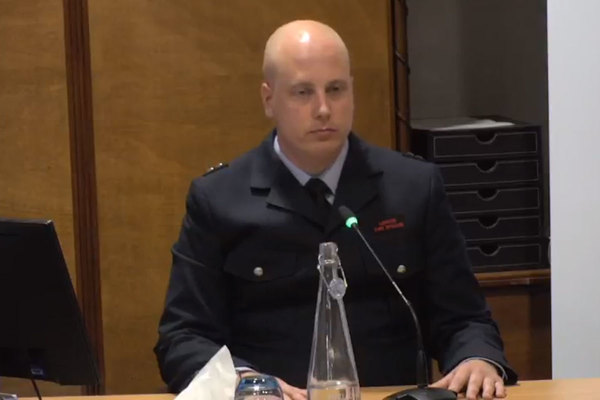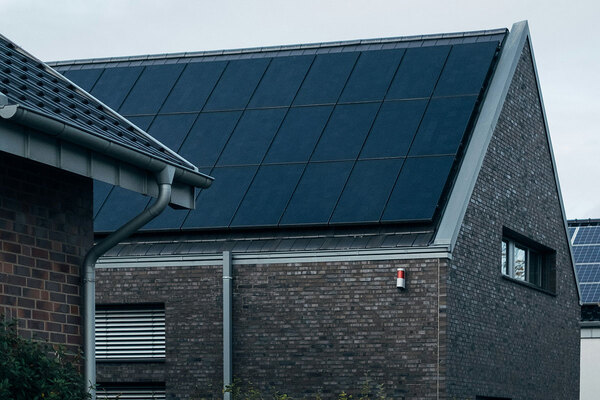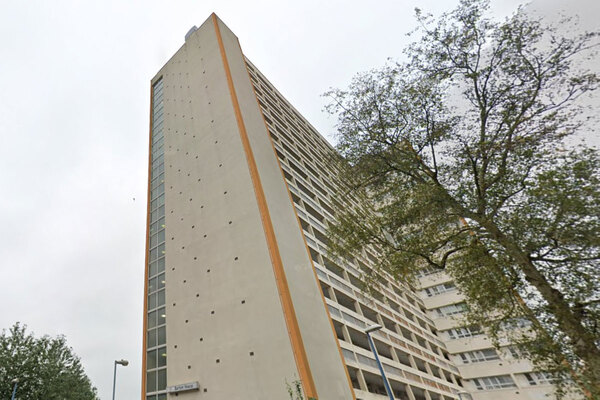Two further insulation products identified on Grenfell Tower
Two insulation products, beyond the original two, found on Grenfell Tower were today identified by a witness at the public inquiry.
Professor Luke Bisby, who has been looking into how the external façade of Grenfell Tower helped the fire spread, made the revelation during his day-long presentation.
It was previously known that the tower was mostly covered in polyisocyanurate (PIR) insulation called RS5000, made by huge insulation company Celotex.
A small amount of Kooltherm K15, a phenolic foam insulation made by a Celotex rival, Kingspan, has also been identified as having been used on Grenfell.
Professor Bisby identified two further products that were used in the frames of the windows that were installed in the tower during the 2012/16 refurbishment.
These two products – both of them 25mm-thick foil-faced PIR insulation – were also manufactured by Celotex and Kingspan.
Professor Bisby added: “The specific product name has yet to be confirmed, although based on its markings, it is likely also to be PIR foam and from the Kingspan Therma range.”
Materials used in the window frames have come under increasing scrutiny in recent weeks following Professor Bisby’s report to the inquiry, which found that the fire most likely spread to the cladding through gaps or holes in the polymeric window framing boards.
He also blamed the weatherproofing membrane and the thermal insulation, the two products identified today.
In his presentation, Professor Bisby also commented more generally on the materials used in the cladding system on Grenfell Tower.
His report identified the polyethylene (PE) filler of the aluminium cladding panels as the “primary cause of rapid and extensive external fire spread”.
Today, speaking to the inquiry, he added: “You will no doubt have noted commentary in the media comparing the polyethylene material within the rainscreen cassettes at Grenfell Tower to petrol or diesel.
“This is likely to be on the basis, as I’ve already shown, that the heats of combustion of petrol or diesel are similar to the polyethylene used in Reynobond PE products.”










